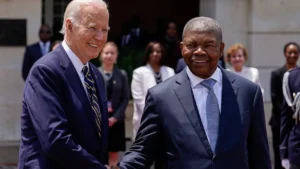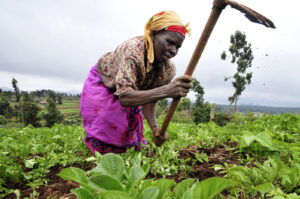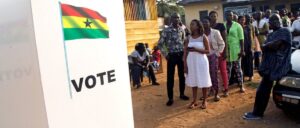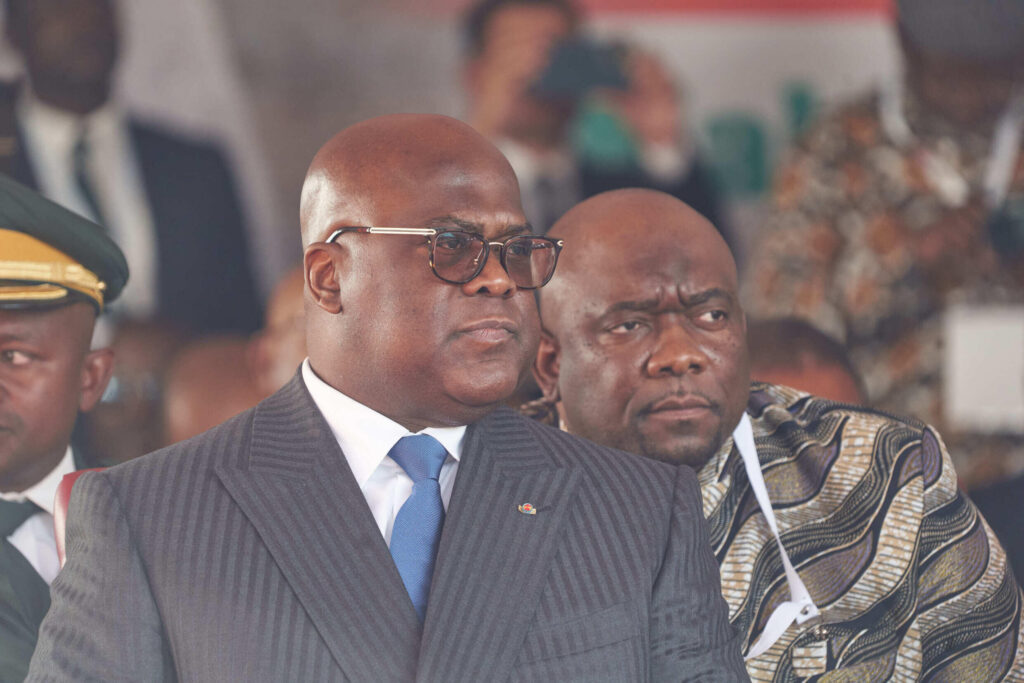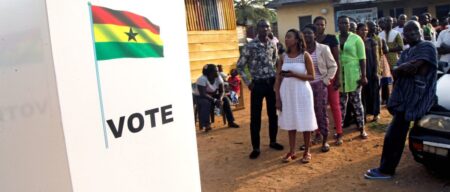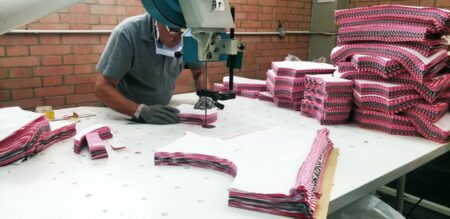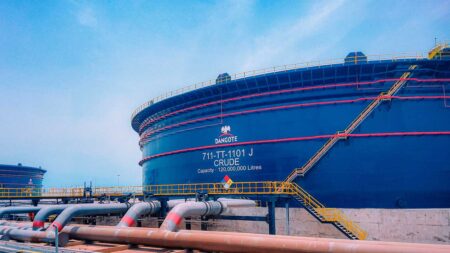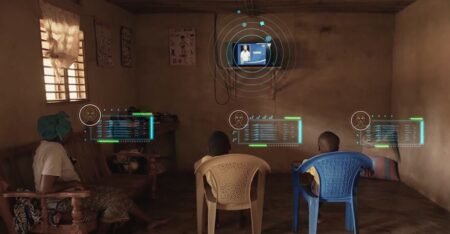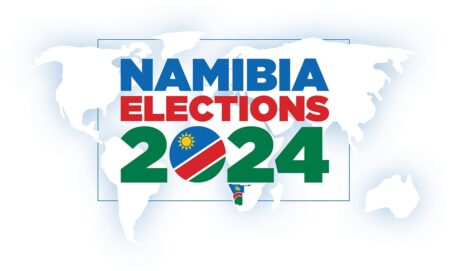- On December 20, 2023, the eyes of Africa and the international community are keenly focused on the Democratic Republic of Congo (DRC) as it goes to its presidential and legislative elections.
- The elections in the DRC hold significant implications for the region and the international community.
- The recent developments in the Democratic Republic of Congo (DRC) have led to a significant diplomatic response, particularly from Kenya.
On December 20, 2023, the eyes of Africa and the international community are keenly focused on the Democratic Republic of Congo (DRC) as it goes to its presidential and legislative elections. The DRC, known for its vast mineral wealth, is at a pivotal point in its democratic journey, with the elections being a critical step towards stability and development.
The upcoming elections are taking place amid a complex backdrop of security challenges, particularly in the eastern regions where armed conflicts continue to displace millions. The United Nations has noted both progress in the electoral process and escalating insecurity, mainly due to the resurgence of the M23 group in the east and new pockets of insecurity in various provinces.
Economic and social issues are also at the forefront. Despite an uptick in GDP growth, primarily due to the mining industry, the country grapples with endemic corruption, widespread poverty, and soaring food prices. The elections also come at a time when the DRC’s leadership faces criticism over handling the ongoing conflicts and their impact on the socio-economic stability of the country.
As the DRC moves towards these crucial elections, the outcomes will shape the country’s future and have far-reaching implications for regional stability and international relations. The international community and African nations remain watchful, hoping for a peaceful transition to pave the way for a more prosperous and stable DRC.
President Felix Tshisekedi is seeking re-election among a field of 26 candidates, which includes notable figures like Moise Katumbi, a wealthy businessman and former governor, and Martin Fayulu, who is perceived by many as the true winner of the last election.
Security concerns are paramount, with the eastern provinces of North Kivu experiencing significant unrest and violence, potentially impacting the election process. Human Rights Watch has reported instances of election-related violence and human rights abuses, highlighting the tense atmosphere in certain regions.
Recent Kenya-DR Congo Relations
The recent developments in the Democratic Republic of Congo (DRC) have led to a significant diplomatic response, particularly from Kenya. The Congo River Alliance was launched on Friday, December 15th. It includes various DRC politicians and groups, such as the M23 rebels, who have been seizing territory in eastern DRC.
Corneille Nangaa, the former DRC election commission chief, is critical to this alliance. The DRC recalled its ambassadors from Kenya and Tanzania for consultations in response. The Tanzanian envoy is recalled partly because Tanzania hosts the headquarters of the East African Community, of which the DRC is a member.
Kenya has taken a stance to disassociate itself from the alliance. Musalia Mudavadi, Kenya’s Foreign Minister, stated that Kenya is investigating the matter to identify the individuals involved in the alliance and to assess whether their statements are constitutionally protected. Kenya emphasizes its commitment to peace and security in the DRC and asserts that it does not involve itself in the internal affairs of the DRC.
The Congo River Alliance, led by Nangaa and involving M23 leader Bertrand Bisimwa, has been formed to address various challenges the Congolese people face, including insecurity. Nangaa, now in exile, criticizes President Tshisekedi’s regime for neglecting these challenges and undermining the independence of institutions and the military in the DRC.
This new alliance and the subsequent diplomatic tensions occur in the context of upcoming presidential and legislative elections in the DRC, scheduled for December 20. The M23 rebels, after years of dormancy, resumed fighting in late 2021 and have taken control of large areas in the eastern province of North Kivu, causing significant displacement of people.
The United Nations peacekeeping mission in the DRC has expressed extreme concern about forming this new political-military platform, emphasizing the need for all political actors to operate within the constitutional framework and respect human rights and the rule of law.
These events highlight ongoing instability and conflict in the DRC. This region has been troubled by ethnic rivalries and resource competition for decades and now faces a complex situation ahead of its elections.
Read Also: The Crossroads of Change: DRC’s Pivotal Presidential Elections Offer Hope Amidst Turmoil
Can Tshisekedi Bring Peace to Eastern Congo
Incumbent President Felix Tshisekedi’s tenure has been marked by persistent insecurity, particularly in the regions of North Kivu, where the M23 rebel group has intensified its activities. Tshisekedi’s government has faced significant criticism for its handling of the conflict. Despite the country’s immense mineral wealth, the eastern regions have been engulfed in violence involving over 120 rebel groups. This persistent instability has displaced millions and hampered development efforts.
The government’s approach to the conflict has been multifaceted but unsuccessful. Tshisekedi has sought external support and has made attempts to engage in dialogues to address the conflict. However, these efforts have not significantly reduced violence or brought about lasting peace in the region.
Furthermore, the DRC’s relationship with neighboring countries, particularly Rwanda, has been strained due to accusations of support for rebel groups. This regional dynamic complicates the peace process, as cross-border tensions contribute to the ongoing instability.
The situation in Eastern Congo poses a substantial challenge for Tshisekedi’s re-election bid. The electorate in these conflict-affected areas is deeply concerned about security, and the government’s effectiveness could influence their support in addressing these issues. The President’s ability to bring peace to Eastern Congo will impact the immediate electoral outcomes and the region’s long-term stability and development.
While President Tshisekedi has made efforts to address the complex conflict in Eastern Congo, the persistence of violence and instability indicates that a lasting solution remains elusive.
Does Former President Kabila’s Influence through Opposition Candidates
Joseph Kabila, the former President of the Democratic Republic of Congo (DRC), despite not being a direct contender in the upcoming elections, continues to wield significant influence in the country’s political landscape. Kabila’s tenure, which ended in 2019, was marked by corruption and authoritarian governance allegations. His ongoing influence in the DRC’s politics is seen through his backing of specific opposition candidates, which many analysts view as a strategy to maintain his interests and influence within the country’s political sphere.
Kabila’s political manoeuvring is often interpreted as an attempt to safeguard his legacy and economic interests, particularly in the mining sector, a significant part of the DRC’s economy. He is believed to support candidates who align with his political vision and can serve his interests if elected. This tactic is not uncommon in the political landscapes of many countries, where former leaders seek to exert influence indirectly.
Kabila’s support of opposition candidates is also viewed in the context of the DRC’s complex political dynamics, where alliances are frequently shifting, and political loyalties can be fluid. Kabila’s endorsement of particular candidates could significantly impact the election results, given his continued popularity in some regions of the country.
However, this strategy also raises concerns about the genuine democratic progress in the DRC. Critics argue that Kabila’s involvement in backing opposition candidates could undermine the electoral process’s integrity and the prospects for a genuinely democratic transition of power.
The role of former President Kabila in the current election, through his support for certain opposition candidates, highlights the ongoing challenges in the DRC’s journey towards stable and democratic governance. It underscores the need for continued vigilance and efforts to ensure that the electoral process remains free, fair, and reflective of the will of the Congolese people.
Peaceful transition in the Democratic Republic of Congo crucial
The elections in the DRC hold significant implications for the region and the international community. With this election season winding down, the DRC is poised for opportunity and challenge. African nations and the global community are keeping their eyes peeled for signs of a peaceful transition that would bring stability and prosperity to the Democratic Republic of the Congo.
The DRC’s stability is crucial for Central Africa and the East African region, and its vast mineral resources, essential for global industries, further underline the importance of a peaceful and credible electoral process. The choices will impact regional peace, diplomatic ties, and the global economy long after the dust settles from the DRC’s polls.
